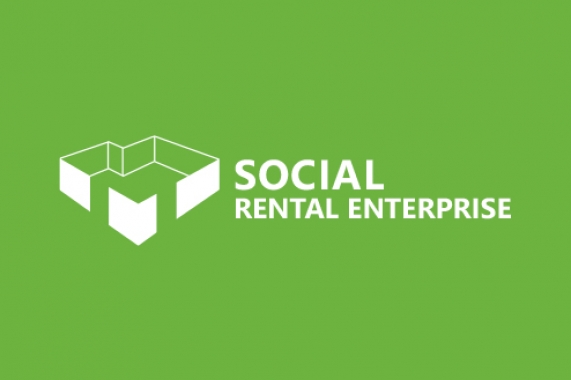HomeLab
Integrated Housing and Labour Services in the Social Rental Enterprise model
Budapest, 10 May 2017 | Published in Urban, Economy, Social, Research
Launched on October 1st, 2016 the “HomeLab – Integrated Housing and Labour Services in the Social Rental Enterprise model” is a project supported by the European Union’s Programme for Employment and Social Innovation (”EaSI”). Carried out under the leadership of Metropolitan Research Institute (MRI), the project aims at promoting the social and labour market integration of vulnerable groups through the horizontal integration of individualised case handling in employment, housing and social support, in the framework of implementing the Social Rental Enterprise (SRE) model.
SRE offers an institutionalized model of integration, which moves beyond the more usual practice of integration of these services in the framework of area-based programmes, and it can provide a solution to the systemic problems created by the Central European housing systems. The SRE model – drawing on recommendations by advocacy groups like FEANTSA – also expands the usual concept of social housing, by integrating the private rental market as an important source of affordable housing provision.
Carrying out five pilot projects in four Central European countries – Hungary, Poland, the Czech Republic and Slovakia - HomeLab addresses crucial issues in the region, providing stability to households that have formerly been subjected to constant and sudden changes in their housing, making their engagement in the labour market difficult. The intensive case handling, the integrated service provision and the importance of providing employment services combined with constant follow-up and the emphasis on building strong personal relations with the clients allows the Pilot Implementers to reach and work with clients that are normally either difficult to access or hard to keep in the network of the social services.
Furthermore, the pilots test how an SRE like-model (there are divergences in each case, based on the local requirements) can protect vulnerable families from the insecurity of the private rental market and labour market in the given national and local context, and how SREs could be set up/institutionalised in the respective countries. As for the latter, the project also examines to what housing and labour market related problems the SRE model can provide a solution, what are the limitations in each country as a result of the existing institutional and policy conditions and how such barriers can be overcome.
HomeLab combines the implementation of the SRE with rigorous monitoring and evaluation in order to arrive to concrete evidence about the advantages of the model. To do so, it has teamed up with experienced local service providers as Pilot Implementers (From Street to Home and the Hungarian Charity Service of Malta in Hungary, Romodrom in the Czech Republic, People in Need in Slovakia and Habitat Poland in Poland) and with a Budapest-based think tank (with Budapest Institute) to oversee the monitoring and evaluation together with MRI. To make sure that the lessons learned reach the broadest audience possible (including decision makers and stakeholders on national and on EU level) the Dissemination Board of the project includes Habitat for Humanity International’s regional office for Europe, Middle East and Africa (EMEA), FEANTSA and Housing Europe.
HomeLab will last 3 years, and the first six months have been spent to set-up the five pilot projects. This preparatory phase was officially closed with the consortium meeting of Warsaw in April 27-28. HomeLab has now reached the phase when implementation begins.